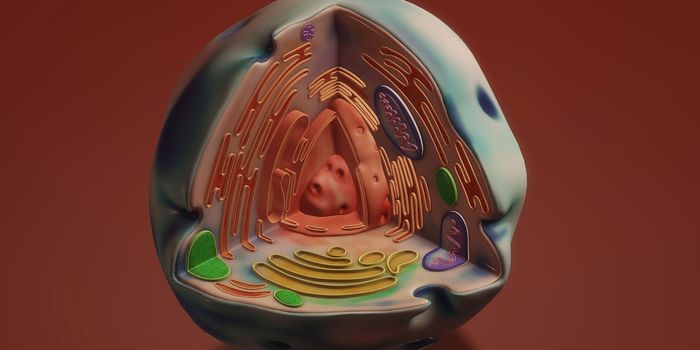Wheat Proteins (But not Gluten) Exacerbate Inflammation in MS
Multiple sclerosis (MS) is an autoimmune disease that affects nerves and can impact patients in many different ways; some cases may be mild while others are debilitating and paralyzing. Research has now suggested that the proteins found in wheat can increase the severity of MS, and it has nothing to do with gluten. It seems that natural proteins in wheat called amylase trypsin inhibitors (ATI) can increase inflammation in MS, which is a chronic inflammatory disorder. The findings have been reported in studies in two different journals: Gut and Therapeutic Advances in Neurological Disorders. The investigators involved in this work are now interested in determining whether wheat-free diets can help MS patients.
The causes of MS are still unclear, but genetics and environmental factors are thought to play a role. Wheat seems to be one environmental influence that could be exacerbating MS.
Wheat proteins are known to cause inflammation, and are involved in disorders like celiac disease. While that disease is related to gluten, this work has shown that other wheat proteins can contribute to inflammation, noted Dr. Detlef Schuppan, Director of the Institute of Translational Immunology at the University Medical Center Mainz, among other appoinments.
Diets that contain wheat have not been linked to inflammatory diseases that affect the central nervous system before this. "We have now been able to show, both in an animal model and in a clinical pilot study, that the ATI proteins in wheat can enhance the severity of MS. These ATI proteins play a broader role in inflammation than the gluten proteins," noted Schuppan.
Wheat, barley and rye contain ATIs, which are barely digested and lead to mild intestinal inflammation. They are also not limited to the intestine, and ATIs can activate cells and signals in the bloodstream that boost inflammation in other parts of the body.
ATI proteins were shown to promote inflammatory processes that normally take place in organs including the liver or lungs. This work has shown that it also happens to the central nervous system, and ATI proteins can increase inflammatory MS symptoms.
In an animal model of MS, diets made up of 25 percent wheat worsened MS symptoms significantly compared to the same animal model that consumed a wheat-free diet. Only low levels of ATI proteins were shown to increase MS inflammation as well, while gluten did not cause the same problems.
In a small study involving MS patients, these results were confirmed. Individuals with moderate MS followed diets that either did or did not contain wheat for three months. After those three months, the participants switched to the other diet. This effort showed that wheat-free diets were associated with lower pain levels in the patients, and reduced levels of inflammatory immune cells.
"Our studies show how important diet, its interactions with the gut microbiome and the gut immune system are for health. A wheat-free diet can reduce the severity of MS and other inflammatory diseases. Further studies combining a wheat-free diet with other drug therapies, among other things, are planned," said Schuppan.
Sources: Gut, Therapeutic Advances in Neurological Disorders, Universitätsmedizin der Johannes Gutenberg-Universität Mainz









